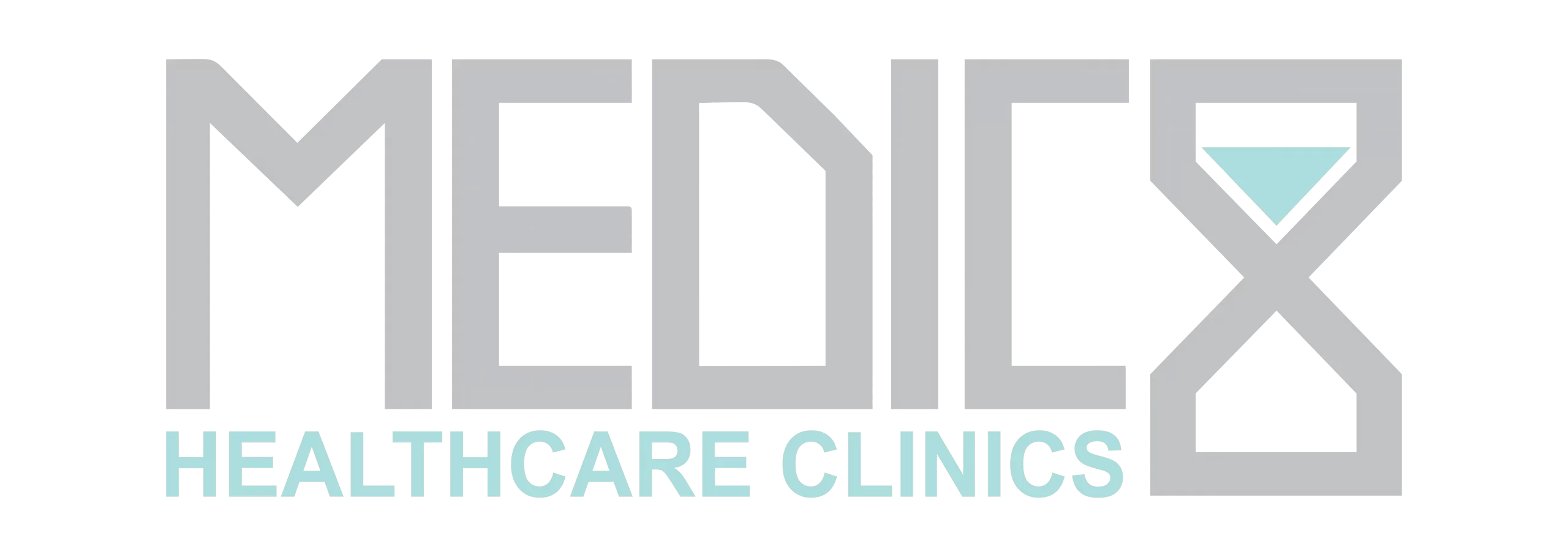Abstract
Scholars have worked to master how customers incorporate matchmaking software because this latest technologies changes intimate communications. While past grant possesses evaluated exactly how everyone communicate with the other person on a relationship systems, significantly less awareness might compensated to just how customers choose to adopt dating applications for personal usage. These studies examines question reports with 27 heterosexual individuals to look at the process by asking, “how accomplish heterosexual students come to describe internet dating software as a normative relationships exercise?” The findings found in this learn declare that both men and women run through ambiguous and deceitful on-line relationships. While they function with on the web interactions, the two set up themselves as normative going out with app users by aiming his or her activities because of their identified possibilities of dating apps. The studies propose that to begin with, lots of online dating software individuals begin apps pof or zoosk ‘fun’ or as a ‘game.’ Sooner or later, through a mixture of adventure and scientific tools, pupils involved define dating software much more handy than in-person relationships and somewhat safe for love and relationships. The results likewise propose that while women and men confront lies and ambiguous public interactions, gender-specific includes firmly influence exactly how college students make use of dating programs. This gender contrast is specially verbalized in connection with the seen general basic safety of online dating programs. Particularly, guys choose matchmaking programs as fun albeit superficial, whereas ladies identify online dating apps as very dangerous.
This can be a review of subscription written content, accessibility via your very own organization.
Gain access to possibilities
Pick unmarried piece
Instant access fully write-up PDF.
Income tax formula is going to be finalised during browse.
Subscribe to journal
Instant on line use of all dilemmas from 2019. Registration will auto restore yearly.
Taxation computation will be finalised during browse.
Mention
Anderson, A., Goel, S., Huber, G., Malhotra, N., & Watts, D. J. (2014). Constitutional ideology and racial inclination in online dating services. Sociological Research, 1, 28–40.
Blackwell, C., Birnholtz, J., & Abbott, C. (2015). Witnessing and being noticed: Co-situation and impression formation making use of Grindr, a location-aware gay relationships software. New News & Culture, 17(7), 1117–1136.
Carr, C. T., & Hayes, R. A. (2015). Social networking: determining, promoting, and scuba. Magazine of Telecommunications, 23, 46–65.
Curington, C. V., Lin, K.-H., & Lundquist, J. H. (2015). Positioning multiraciality on the net: management of multiracial daters in internet dating site. American Sociological Review, 80(4), 764–788.
David, G., & Cambre, C. (2016). Processed intimacies: Tinder plus the swipe reasoning. Social Media Optimisation + Environment. https://doi.org/10.1177/2056305116641976.
Duffy, B. E., & Wissinger, E. (2017). Mythologies of creative operate in the social media era: enjoyable, cost-free, and ‘just are me’. World Record of Connections, 11, 4652–4671.
Duguay, S. (2017). Dressing Tinderella: Interrogating authenticity assertions in the cell phone a relationship app Tinder. Information, Connection & Society, 20(3), 351–367.
Emerson, J. (1970). Behavior in private cities: retaining definitions of real life in gynecological assessments. In J. O’Brien (Ed.), Producing reality: Essays and readings on cultural connections (pp. 247–260). Newcastle: Sage Publishing.
Gibbs, J. L., Ellison, N. B., & Lai, C.-H. (2011). 1st appear love, the goes The Big G: An investigation of uncertainty reduction tricks and self-disclosure in internet dating. Connection Exploration, 38(1), 70–100.
Goffman, E. (1959). The speech of own in everyday routine. New York: Penguin Media.
Goffman, E. (1963). Mark: information to the managing spoiled recognition. Top Seat Lake: Prentice Hallway.
Hamilton, L., & Armstrong, E. A. (2009). Gendered sexuality in small maturity: Double bond and flawed suggestions. Sex & Community, 23(5), 589–616.
Hess, A., & Flores, C. (2016). Only more than swiping remaining: an important investigations of deadly male functioning on Tinder dreams. Brand New News & Community, 20(3), 1085–1102.
Hlavka, H. (2014). Vulnerability and dangerousness: the building of gender through debate about violence. Sex & World, 15(1), 83–109.
